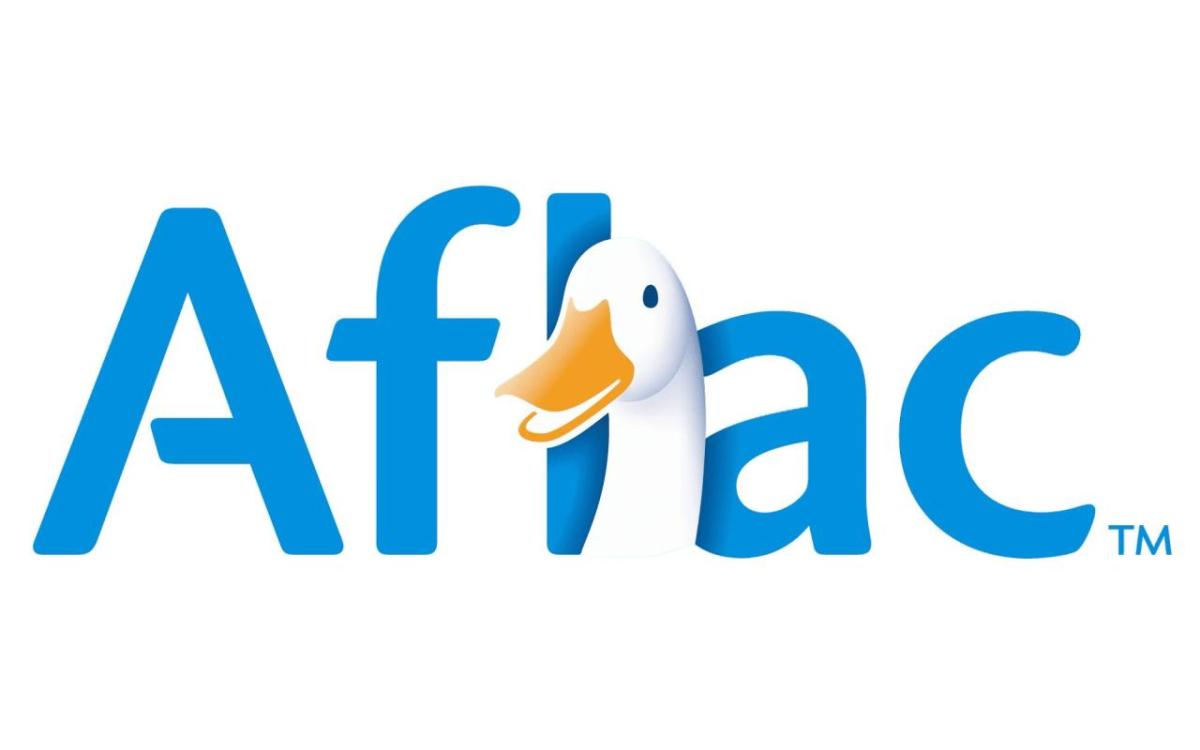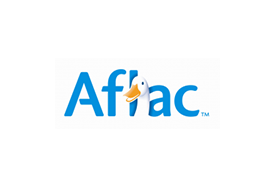The Added Perks of Boosting Workplace Benefits
Published 02-09-23
Submitted by Aflac Incorporated

Originally published on InsuranceNewsNet.com
When workplace benefits meet the needs of employees, there are as many benefits to employers as there are to employees. Offering the right mix of benefits can lead to increased happiness, satisfaction and overall well-being among employees. This paves the way for businesses to see a boost in productivity and business outcomes — and feel less anxious about employee retention.
Rising health care costs and the effects of the pandemic have shifted U.S. employers’ mindsets on the benefits they offer, aiming to remain competitive in their total compensation packages. According to my organization’s recent Aflac WorkForces Report, nearly 3 in 4 employers’ benefits costs went up in the last year, a notable uptick from 2021.
The rising costs of health care have forced some Americans to make difficult decisions — pay a medical bill or purchase a vital prescription, possibly avoid doctor visits or delaying important procedures. It would benefit both employers and employees if organizations revamped their offerings to enhance the overall employee experience.
But where should leaders start?
Look at employee benefits through a new lens
The benefits employers offer may appear to satisfy the needs of their employees, but there’s more than meets the eye. Our study revealed employers have a more positive view of their employees’ satisfaction with their benefits packages than what employees actually think.
That 22% gap — up 14% from last year — between employers’ perceptions of employee satisfaction and employees’ self-reported satisfaction underscores the opportunity employers have to shrink this widening gap. Employers can help their employees by better understanding their needs, educating them about the inner workings of their benefits and offering new ways to boost benefits packages.
Seek employee feedback and act on it
Leaders often guess what they think their employees want when it comes to benefits programs. The organizations that are most successful in addressing their employees’ needs and concerns are those that simply ask for their employees’ input and address that feedback.
Given that employers are seeing benefits packages as “very important” aspects of talent management — more than they did before the pandemic, according to McKinsey research — it’s crucial to assess what they currently provide and how they can make those offerings even better. This helps to enhance both employee well-being and employee retention.
Supplemental benefits take center stage
Employers are turning to supplemental insurance offerings to help enhance their teams’ additional benefits such as accident and critical illness coverage, as well as benefits that focus on mental health and well-being. This is opening the door to new advantages for businesses. More than three-quarters of employers (77%) who offer supplemental insurance believe these benefits help with employee recruitment, and 80% said it helps with employee retention, according to our study.
Adding supplemental insurance to benefits packages can help provide peace of mind for employees and put them at ease so they can focus on their emotional and financial wellness. Supplemental insurance also can help employers rise above increasing costs since most plans are employee-funded.
Leaders know their people have expectations for a well-rounded benefits program, which is important from a management perspective — not only to take care of their people, but also in the critical race for talent.
Taking a close look at your current offerings and where you want to go is the first step in helping address whatever gap exists to meet the varied benefits demand. This is all in the name of helping ensure your people are taken care of in all facets of their well-being.

Matthew Owenby is chief human resources officer, Aflac. He may be contacted at matthew.owenby@innfeedback.com.

Aflac Incorporated
Aflac Incorporated
Aflac is a Fortune 500 company, providing financial protection to more than 50 million people worldwide. When a policyholder or insured gets sick or hurt, Aflac pays cash benefits fairly, promptly and directly to the insured. For more than six decades, Aflac voluntary insurance policies have given policyholders the opportunity to focus on recovery, not financial stress.
More from Aflac Incorporated

